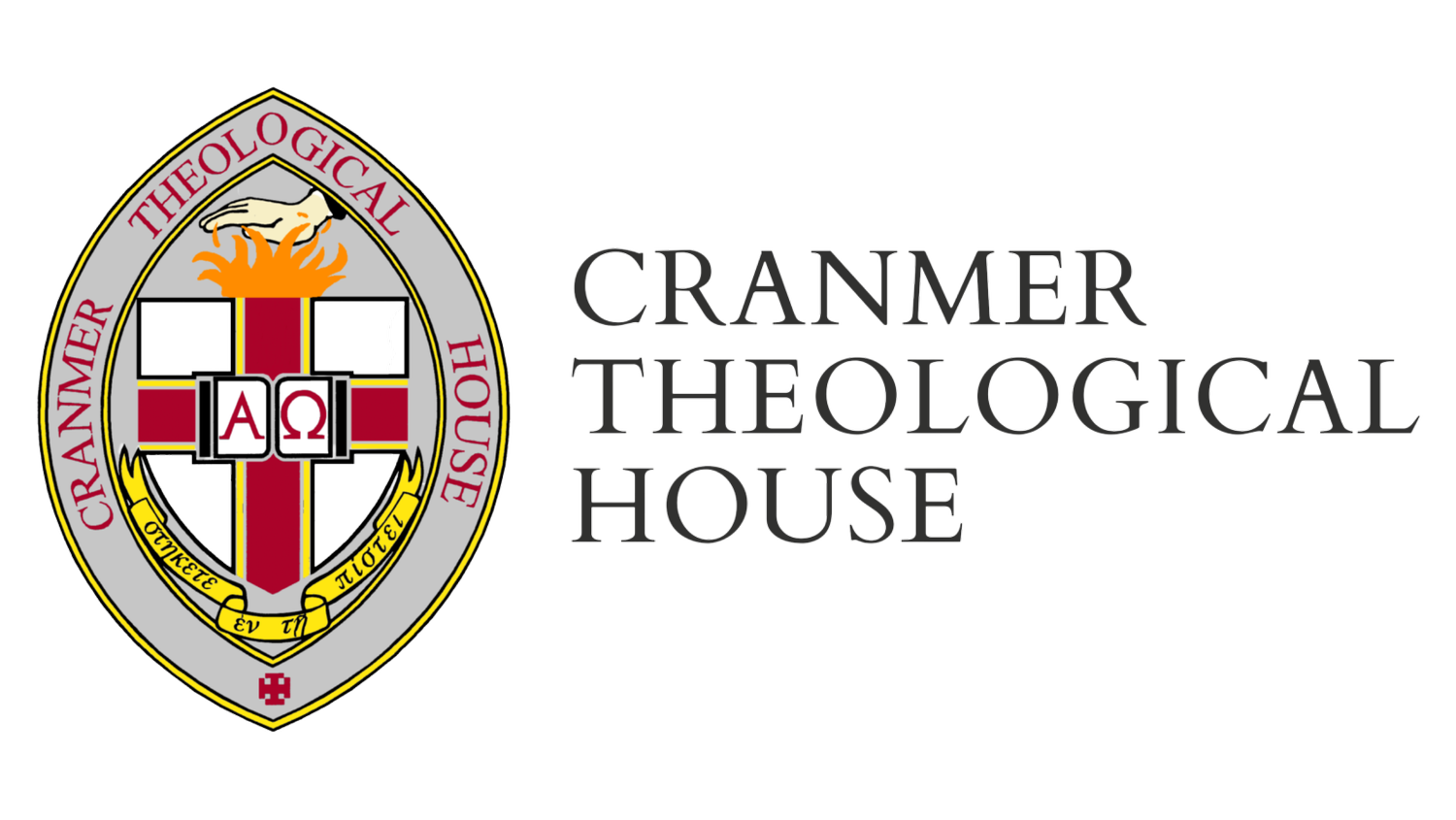Our Standard of Faith
CTH is distinguished by its strong commitment to the historic Anglican formularies: Holy Scripture as the infallible Word of the living God, the historic Thirty-Nine Articles of Religion, and the worship and polity of the traditional Book of Common Prayer. As such, CTH strives to produce Biblically grounded, orthodox graduates who are excellent pastors, exceptional preachers, exemplary deacons and deaconesses, and well-equipped lay people. CTH’s Standard of Faith is best articulated by the REC’s Mission Statement, which was adopted by General Council on May 28, 1993 (revised April 18, 1998):
Built upon the foundation of the authoritative Word of God, the Holy Scriptures, the Reformed Episcopal Church sets her highest priority on Biblical worship, and declares her commitment to the work of evangelism, the bold and unadulterated proclamation of salvation by grace through faith in the Lord Jesus Christ (Acts 8:4). In keeping the faith once delivered to the saints, the Reformed Episcopal Church, however, does not believe evangelism to be the end, but rather the beginning of her divinely given vocation.
In addition to being evangelical, she is deeply committed to discipleship, the work of training evangelized men and women in Christian living (St. Matthew 28:20). When the Gospel is truly proclaimed and the mercies of God are made known, redeemed men and women must be led to offer their bodies as a living sacrifice, which is their spiritual service (Romans 12:1). (Read more about Spiritual Formation)
The Anglican Tradition
The faith that Anglican missionaries planted in North America was in every sense a household of faith with a traceable ancestry down through the ages to Roman Britain as well as to the primitive Church of Jerusalem; and yet one that was also dedicated to the vernacular Scriptures and to the time-honored Book of Common Prayer, both legacies of her 16th century Reformation heritage. Nevertheless, the true vision of the English Reformation was the Faith of the Undivided Church going back to the Gospel, the Holy Scriptures, the early Church Fathers, and the ancient councils. In keeping with this Anglican heritage, CTH was founded to continue to uphold and train leaders for the proclamation of the Gospel.
Nothing is optional about this inheritance, and characteristics such as the dedication, scholarship, and courage demonstrated by Archbishop Thomas Cranmer and his fellow bishops, Nicholas Ridley and Hugh Latimer, are to be prized as fundamentals of a faith firmly founded in Holy Scripture. CTH strives to uphold Christian belief in its fullness and in so doing duly respects the honorable tradition of classical Anglicanism.
Yet ministerial training is far more than mere academic study. It must build up students and assist them to develop life-long rules and an ethos that balances prayer and worship, study, work, and family responsibilities. By itself, knowledge of the divine is inadequate, for the faith once delivered to the saints demands personal commitment to Jesus Christ as Lord and Savior. CTH thus stands for an understanding of ministry experienced in lives dedicated to the service of Christ.
CTH students are taught along traditional lines. Although grounded in the historic demands of pastoral training, they are also prepared to face the challenges of contemporary society. Accordingly, CTH has refitted the traditional theological study regimen to meet the challenges of today’s society, exemplified in the unique modular system with weekend and night classes of teaching that involves intensive course-by-course instruction. This allows schedule flexibility for those obliged to find outside employment to support their families.


